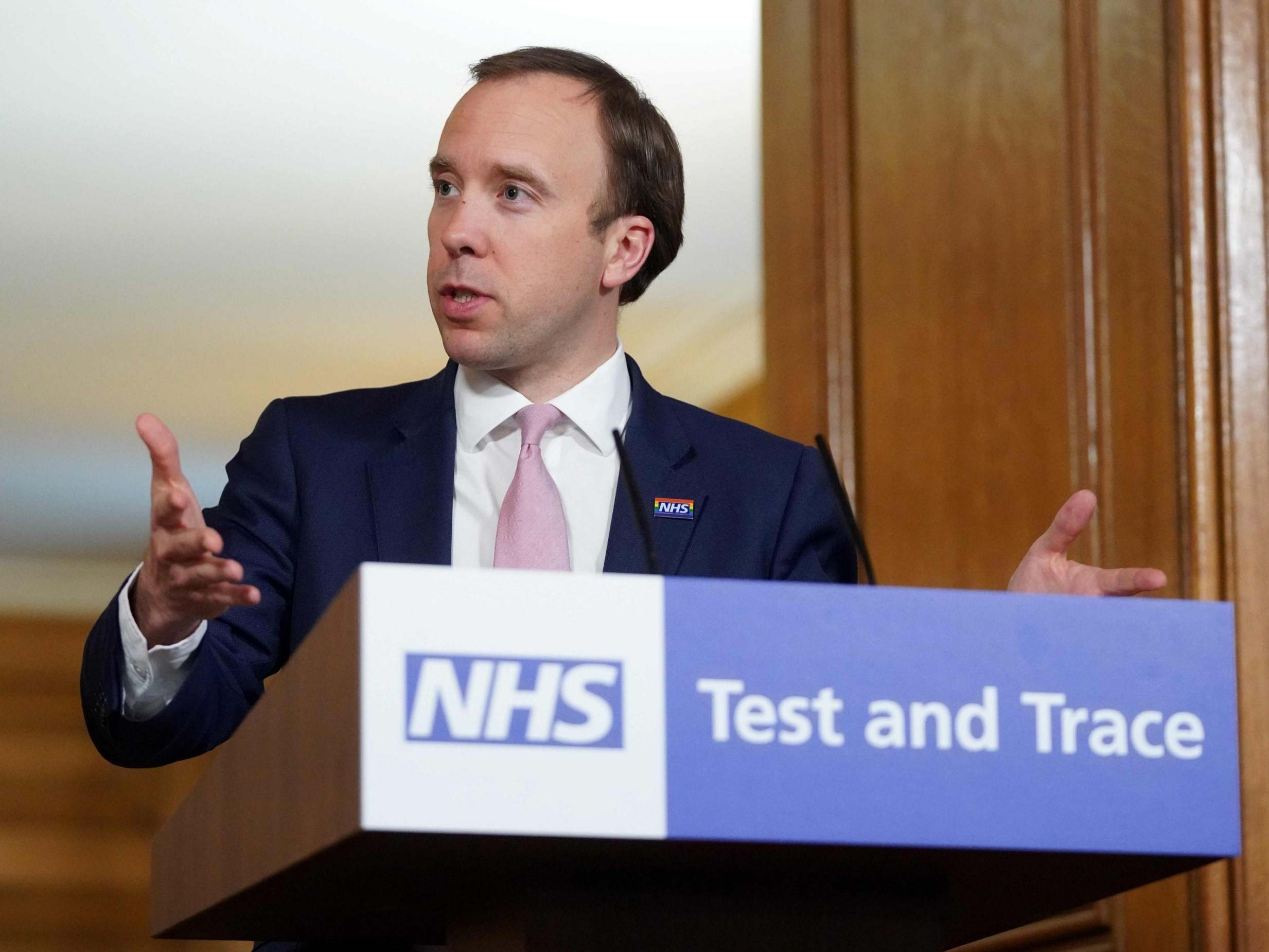Coronavirus: Half of pregnant women in UK hospitals with Covid-19 from Bame background, study finds
The high proportion of pregnant women from Bame groups infected by the novel virus remained after excluding major urban centres from the analysis
Your support helps us to tell the story
From reproductive rights to climate change to Big Tech, The Independent is on the ground when the story is developing. Whether it's investigating the financials of Elon Musk's pro-Trump PAC or producing our latest documentary, 'The A Word', which shines a light on the American women fighting for reproductive rights, we know how important it is to parse out the facts from the messaging.
At such a critical moment in US history, we need reporters on the ground. Your donation allows us to keep sending journalists to speak to both sides of the story.
The Independent is trusted by Americans across the entire political spectrum. And unlike many other quality news outlets, we choose not to lock Americans out of our reporting and analysis with paywalls. We believe quality journalism should be available to everyone, paid for by those who can afford it.
Your support makes all the difference.More than half of pregnant women admitted to UK hospitals with Covid-19 over a six-week period were from a black, Asian or minority ethnic (Bame) background, a new study has found, leading to calls for an “urgent investigation” into the disproportionate effect the disease has on some communities.
Research led by Oxford University analysed data on women admitted to 194 obstetric units in the UK who had a positive coronavirus infection and were in the late second or third trimester of their pregnancy, between 1 March and 14 April 2020.
The peer-reviewed study, published in the British Medical Journal, found that of the 427 pregnant women in hospital during that period, 233 (56 per cent) were from Bame backgrounds, of which 103 were Asian and 90 were black.
The high proportion of pregnant women from Bame groups infected by the novel virus remained after excluding major urban centres from the analysis. “The high proportion of women from black or minority ethnic groups admitted with infection needs urgent investigation and explanation,” the study’s authors wrote.
It comes just a week after a Public Health England report on coronavirus fatality rates revealed that people from Bame groups were at greater risk of dying from coronavirus when compared with their white British counterparts.
The study, led by Professor Marian Knight of Oxford’s Nuffield Department of Population Health, also found that 69 per cent of the pregnant women were classed as overweight or obese, 41 per cent were aged 35 or over while a third had pre-exisiting health conditions.
Five of the women died — including three as a direct result of complications linked to coronavirus — while 41 (10 per cent) needed respiratory support in a critical care unit, the study found.
Twelve of 265 babies born to mothers in the study tested positive for Covid-19 — six of them within 12 hours of being born.
The study said most of the pregnant women had “good outcomes” and the transmission of coronavirus to infants was “uncommon”.
The authors said the report was produced at a time when active transmission of coronavirus was still occurring, with about 100 infected pregnant women admitted to hospital in the UK each week.
“We sought to collect national, population-based information on severe Sars-CoV-2 infection, defined as hospital admission, to capture the incidence and outcomes of severe disease in pregnancy,” the authors said.
“This study does not therefore provide any information about overall infection rates or the possibility of asymptomatic infection.”

Health secretary Matt Hancock was accused of “empty rhetoric” by some MPs following the release of last week’s report after he failed to set out how ministers planned to tackle worse outcomes for Bame groups.
Mr Hancock put equalities minister Kemi Badenoch MP in charge of handling the government’s plan to tackle Covid-19 disparities.
Ms Badenoch, who was elected as the member of Saffron Walden, Essex in 2017 pledged to “review the effectiveness and impact of current actions being undertaken by relevant government departments and their agencies to directly lessen disparities in infection and death rates of COVID-19”.
She will be supported by officials from the Cabinet Office and the government-run agency Public Health England.
Additional reporting by Press Association

Join our commenting forum
Join thought-provoking conversations, follow other Independent readers and see their replies
Comments